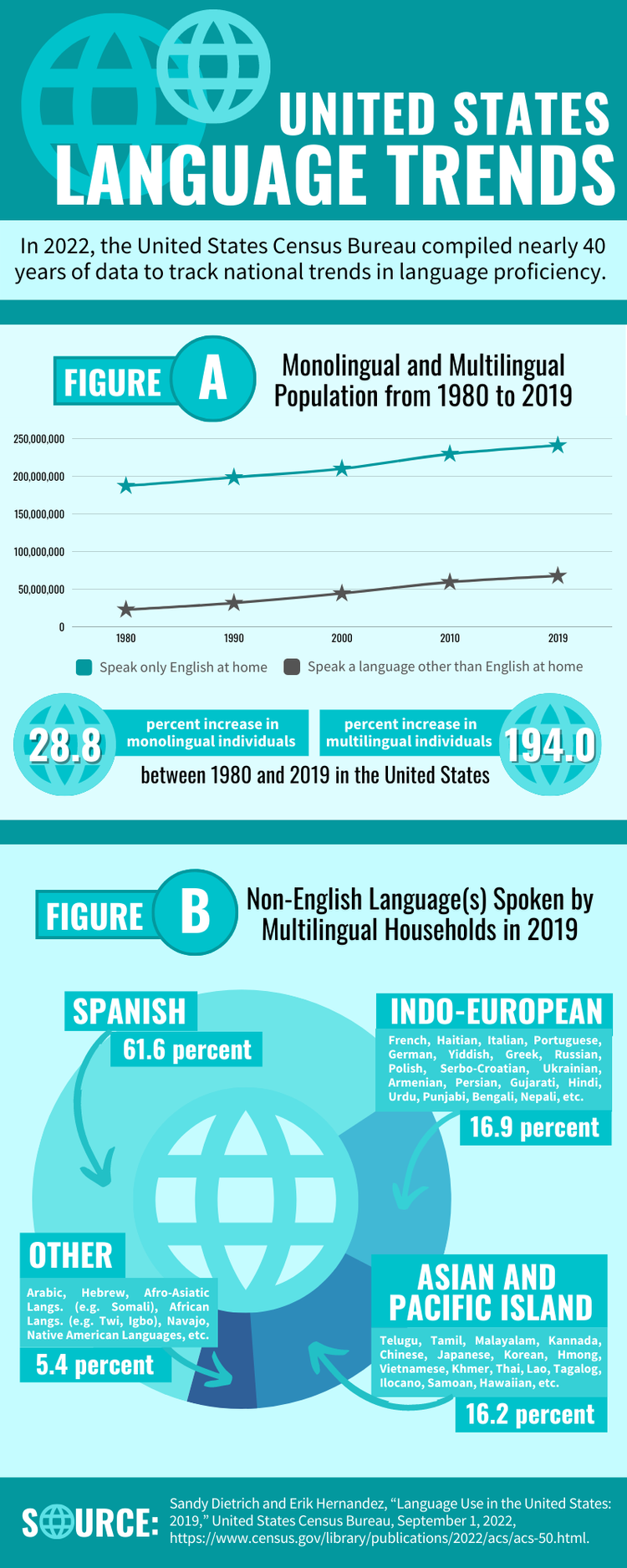Community, Leadership, Experimentation, Diversity, & Education
Pittsburgh Arts, Regional Theatre, New Work, Producing, Copyright, Labor Unions,
New Products, Coping Skills, J-O-Bs...
Theatre industry news, University & School of Drama Announcements, plus occasional course support for
Carnegie Mellon School of Drama Faculty, Staff, Students, and Alumni.
CMU School of Drama
Wednesday, November 09, 2022
The Current State of Linguistic Representation and Accessibility in the Artistic Sector
AMT Lab @ CMU: From this statement, it follows that media has the power to “tell [a] society who and what is important.” For members of minority and underrepresented demographic groups, representation in arts and entertainment not only impacts how the world sees them, but guides how they see themselves. Identity-based association with creators, actors, or performances facilitated through accurate representation in entertainment can “break down barriers, open [up] new ideas, create powerful role models, and … be a source of inspiration” as one's own identity is strengthened through its represented existence on stage or screen.
Subscribe to:
Post Comments (Atom)

1 comment:
I definitely think it’s true that language accessibility is behind in the strides for race, gender, and sexuality equity in the theater industry. Many states in the United States have declared English as their official language. However, at the federal level, the United States does not have an official language at all. The U.S. is literally a country made up of immigrants who speak hundreds of languages. I always note when the language or captioning options for a film or TV show are only English and Spanish when there are so many other potential audience members of the same film or TV show who don’t speak either of those languages. I like the notion that the media has the power to control what we view as important and why it should be important. I’ve said it once, and I’ll say it again, representation is so important. It’s important for people to see themselves represented in the media and it’s just as important for people to see people different than themselves represented in the media to learn more about different identities and cultures.
Post a Comment